A Comprehensive Look at Rule 30(b)(6) from Both Sides of the Table: Tactical Selection, High-Stakes Preparation, and the Ethical Risks of Witness Handling
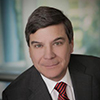

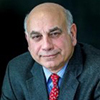




4 hour CLE
Get this course, plus over 1,000+ live webinars.
Learn More
Program Summary
Session I – Playing Defense at 30(b)(6) Depositions – Jason Balich and Meaghan Luster
Have you ever been served with a Rule 30(b)(6) deposition notice that just seems impossibly long? Rule 30(b)(6) doesn’t limit the number of topics that may be included, and many attorneys have drafted such notices with too many or overbroad topics. In this session, we will go over strategies to get opposing counsel to limit the number and scope of the deposition topics in a voluminous Rule 30(b)(6) deposition notice.
Once you pare down the scope of the notice, there exists an affirmative requirement under Rule 30(b)(6) that the company prepare one or more corporate representatives to testify regarding the topics noticed. But preparation takes valuable time and money. We will also discuss how much preparation meets the requirement generally and will highlight a few real-world examples to answer common questions about how much preparation is enough.
Key topics to be discussed:
- Responding to voluminous Rule 30(b)(6) deposition notice
- Preparing a corporate representative for a 30(B)(6) deposition
Session II – Rule 30(b)(6) Presenting Someone to Speak for the Organization Who Speaks Well of the Organization – Michael R. Vescio
This session will address the critical role of the Rule 30(b)(6) deponent and the practitioner’s ethical and strategic responsibilities throughout the process. Attendees will gain insight into the decision-making process involved in whether to depose a corporate designee, the criteria and considerations for selecting the appropriate representative(s), and best practices for thoroughly preparing the designee for testimony. The session will also explore how to effectively present and defend a corporate designee during deposition, as well as techniques for examining the witness when representing the opposing side. Finally, it will cover important post-deposition issues, such as reconciling testimony, managing inconsistencies, and navigating potential litigation consequences. This session offers practical guidance for both in-house and outside counsel handling complex organizational testimony under Rule 30(b)(6), with an emphasis on clarity, control, and credibility.
Key topics to be discussed:
- The decision to take a corporate designee’s deposition
- Choosing a corporate designee(s)
- Preparing a corporate designee(s)
- Presenting and defending a corporate designee at deposition
- Examining a corporate designee
- Post-deposition issues
Session III – Rule 30(b)(6) Depositions: Making the Company Speak – Maggy Randels
Rule 30(b)(6) depositions offer a powerful discovery tool for litigators seeking to hold corporations accountable by compelling them to "speak" through designated representatives. This session will walk attorneys through the strategic use of 30(b)(6) depositions from the plaintiff’s perspective, highlighting how to structure your approach to maximize evidentiary value and shape the litigation narrative. From dissecting the rule’s language to crafting effective deposition notices, this session will arm practitioners with essential tactics for preparation, execution, and post-deposition use.
Key topics to be discussed:
- Strategic use of Rule 30(b)(6) depositions in plaintiff-side litigation
- Understanding and applying the language of the rule
- Timing considerations: When and why to take a 30(b)(6) deposition
- Crafting effective and comprehensive deposition notices
- Preparing thoroughly for a corporate representative deposition
- Techniques for conducting and leveraging 30(b)(6) depositions in litigation
Session IV – Winning and Shaping the Critical Corporate Representative Deposition Process and Testimony – William C. Martucci
This session offers a deep dive into the strategic preparation and execution of Rule 30(b)(6) depositions. Attendees will gain insight into how to effectively shape corporate narratives, prepare witnesses for high stakes questioning, and utilize objections and documentary evidence to advance key defense themes. The session will cover tactical approaches to witness coaching, question navigation, and the balance between real-time responsiveness and overarching corporate messaging. Legal professionals will walk away with practical tools to ensure their corporate representatives are not only compliant but also compelling and strategically impactful.
Key topics to be discussed:
- Analyzing the strategic considerations in Rule 30(b)(6) deposition context
- Utilizing effective objections and documents in presenting corporate themes
- Speaking to the moment of the question, while keeping in mind the overall themes
- Working with your corporate witness to permit the full account to be told
- Considering the appropriate objections to be raised at critical times
- Strategic points for going on the offensive in the context of defending a corporation representative deposition
Session V – A Heavy Toolbox for Deposition Preparation and Corporate Representation – Amy Singer
This session will explore tools and practices designed to reduce anxiety in deposition settings, including those featuring issues brought up by Rule 30(B)(6). We will discuss systematic desensitization techniques, role-playing scenarios, and effective body language management when preparing witnesses and/or corporate representatives for trial.
Key topics to be discussed:
- Understanding anxiety
- Role-playing techniques
- Desensitization strategies
- Body language management
- Effective techniques
Session VI – Ethical Issues Involved in Preparing Witnesses to Testify – Louis P. DiLorenzo
There is no substitute for good witness preparation when presenting a case. The telling of the story on direct testimony requires professional expertise and preparing your witnesses to withstand cross examination and avoid mortal wounds in the nature of surprises is often the difference between winning and losing. In doing this preparation work with clients and other witnesses, there is an ethical line that cannot be crossed by the attorneys. Attorneys have an ethical obligation to prepare their witnesses to testify and have that testimony stand up and survive cross examination. However, how clear is the line between doing what we have to do and doing what we cannot do? Often times, attorneys are accused of not extracting the facts from their witnesses but rather pouring the facts into through subtle and not so subtle as how the facts should be presented.
There are at least two schools of thought on this issue. The first is that you need to determine where this ethical line is and stay way back from it, so it is never crossed, in fact it never comes close to crossing it. The second approach is to determine where the line is and come as close to it without crossing as possible. The real estate between where you stop and the red line really belongs to the client not the attorney. Our clients deserve to have us come as close to that line, without crossing it, as possible. Whether you subscribe to the first or second philosophy, proper navigation requires you know where the line is located. In the witness preparation arena, the line is not always clear so this instruction will be useful to those interested. In this session we will cover the rules that apply and through the illustration of hypotheticals, explore the limits on shaping vs. spinning testimony; the difference between legitimate preparation and improper coaching; the limits on lawyers influencing the story being told v. how the story is told; what words and attitude can be used by the storyteller; and can the lawyer create or influence the storyteller makes to the tribunal (e.g., clothes, haircut, jewelry, etc.).
Key topics to be discussed:
- The ethical line in witness preparation Rule 3.4, 8.4
- Rules and guidance through hypotheticals Rule 3.3, 4.1
- Shaping vs. spinning testimony Rule 3.4, 8.4
- Preparation vs. coaching Rule 1.2d, 3.4b
- Influencing the story vs. the storytelling Rule 3.3, 3.4, 8.4
- Visual and nonverbal elements Rule 4.4, 8.4d
This course is co-sponsored with myLawCLE.
![]() Closed-captioning available
Closed-captioning available
Speakers
 William C. Martucci | Shook Hardy & Bacon
William C. Martucci | Shook Hardy & Bacon
Mr. Martucci, who holds an LL.M. from Georgetown University in Washington, D.C., practices nationally in complex class action litigation (including high-stakes commercial litigation and wage & hour litigation). Chambers & Partners America’s Leading Lawyers for Business notes: “Bill Martucci is worth having on any dream team for litigation and policy issues.” His jury work has been featured in The National Law Journal. He is listed in the Euromoney Guide to the World’s Leading Lawyers and The Best Lawyers in America for Business and Employment Litigation. He teaches multinational business policy and the global workplace at Georgetown. Bill is a partner with Shook Hardy & Bacon in Washington, DC, and New York.
 Amy Singer | Trial Consultants, Inc.®
Amy Singer | Trial Consultants, Inc.®
Amy Singer, Ph.D. is a noted trial consultant and litigation psychologist. As one of its earliest, most influential, and heavily imitated practitioners, Singer helped to pioneer the field of trial consulting during the 1980s. As a result of her revolutionary concepts and approach, Singer was able to take what at the time was a rudimentary and to many trial attorneys, probationary – discipline to a robust new level of professional practice, courtroom accomplishment and potent capability. By conclusively demonstrating to litigators that it is value beliefs, not juror demographics, which correlate most strongly with jury verdicts, Dr. Singer radically transfigured how litigators conduct voir dire. In the process, she thoroughly transformed the zeitgeist of trial planning and preparation for attorneys across the United States, and later, around the world.
Dr. Singer, a visionary and nationally recognized authority, leads the way in the art, science, and technology of decision making and the psychology of persuasion. Dr. Singer is a licensed psychologist who is an expert in statistical methodologies, data analysis, and applied research. Singer’s firm, Trial Consultants, Inc.®, which she founded in Miami in 1979, is the oldest trial consulting firm in the United States. Singer is a pioneer and nationally acknowledged authority in the field of litigation psychology, a discipline that provides jury research and selection, focus groups, social media analytics, shadow juries, venue studies, witness preparation, trial and ADR strategy. Singer continues to serve as a popular and prolific author, trial consultant, and speaker contributing her expertise to national publications, broadcast media, legal associations and high-profile cases such as the “Slenderman” case, Casey Anthony.
 Louis P. DiLorenzo | Bond, Schoeneck & King PLLC
Louis P. DiLorenzo | Bond, Schoeneck & King PLLC
Louis P. DiLorenzo has practiced labor and employment law for over 40 years and serves as managing member of Bond, Schoeneck & King’s New York City and Westchester offices. He represents employers and management across all facets of labor and employment law, including workplace investigations, NLRB proceedings, employment litigation, collective bargaining, and supervisory training.
A seasoned litigator, Louis has handled numerous arbitration proceedings and jury trials in both federal and state courts, often dealing with complex witness preparation, ethics, and discovery obligations. His deep experience with employment litigation before the EEOC and other regulatory bodies uniquely equips him to address the ethical challenges inherent in preparing witnesses, especially organizational designees, for testimony in high-stakes Rule 30(b)(6) depositions.
Louis is a contributing author and co-editor of several leading legal publications, including The Essential Guide to New York Employment Law and Corporate Counseling, and is a sought-after lecturer on labor and employment law throughout the U.S. and abroad. His work has been featured in Forbes, Business Week, and Corporate Legal Times, which dubbed him the “Great Negotiator.”
 Michael R. Vescio | Amundsen Davis LLC
Michael R. Vescio | Amundsen Davis LLC
Michael R. Vescio currently serves as a partner for Amundsen Davis, LLC, a full-service firm with 12 offices in Illinois, Wisconsin, Missouri, Indiana, and Ohio. He has practiced law for thirty years in Wisconsin’s state and federal courts. Mike focuses his practice almost entirely on litigation, with many of his cases involving defending professionals from claims of professional negligence, representing insurance companies in insurance coverage litigation, and appellate practice. Mike has also served as an expert witness and expert consultant in litigated matters on topics which include legal ethics and professional negligence issues.
 Jason Balich | Wolf, Greenfield & Sacks, P.C.
Jason Balich | Wolf, Greenfield & Sacks, P.C.
Jason Balich is a trial and appellate lawyer who protects clients’ technology and defends their freedom to use it. Jason’s experience includes successfully defending multiple patent owners from manufacturers to public universities facing inter partes review challenges at the Patent Trial and Appeal Board (PTAB) where the PTAB denied institution. He also focuses his practice on trade secrets. For instance, he has represented a plaintiff seeking to protect its trade secrets and a patent owner looking to stop a competitor’s infringement. In addition, Jason regularly represents defendants in patent and commercial litigation, including Hatch-Waxman ANDA litigation, before district courts and at the International Trade Commission. Jason’s counseling and litigation experience spans a diverse set of industries including pharmaceuticals, biotechnology, medical devices, data storage media, electro-hydraulic devices, military equipment, and consumer electronics. Jason studied engineering at Princeton and is the co-inventor of four US patents as a product development engineer for 3M.
 Meaghan Luster | Wolf, Greenfield & Sacks, P.C.
Meaghan Luster | Wolf, Greenfield & Sacks, P.C.
Meaghan Luster focuses her practice on patent litigation. Meaghan’s experience includes conducting pre-suit diligence, fact and expert discovery, claim construction, and motion practice in US district courts and the US International Trade Commission (ITC). Meaghan’s litigation experience spans a range of technologies including biologic pharmaceuticals, medical devices, manufacturing, and software. Prior to joining Wolf Greenfield, Meaghan served as a judicial law clerk for Judge George A. O’Toole, Jr. of the US District Court for the District of Massachusetts. She was also previously a litigation associate at an intellectual property law boutique. While in law school, Meaghan was a judicial extern for Justice William P. Robinson III of the Rhode Island Supreme Court. She was also an Executive Comment Editor for the Boston College Law Review and an Executive Editor for the Intellectual Property and Technology Forum Journal.
 Maggy Randels | The Randels Bilimoria Firm
Maggy Randels | The Randels Bilimoria Firm
Maggy Randels is one of the owners of The Randels Bilimoria Firm, which is a personal injury law firm in Atlanta, Georgia. Maggy is a proud graduate of the University of Georgia School of Law. Following graduation, she clerked for then-Chief Judge Thrash on the United States District Court for the Northern District of Georgia. After her clerkship, Maggy worked for a large international law firm, but quickly moved to representing injured victims and has spent the better part of a decade representing victims of negligence throughout Georgia and nationwide. Outside of the office, Maggy is a member of the board of directors for the American Mock Trial Association, on the Executive Committee for the Georgia Trial Lawyers Association, and the head coach of the Georgia State University undergraduate mock trial team.
Agenda
Session I – Playing Defense at 30(b)(6) Depositions | 12:00pm – 1:00pm
- Responding to voluminous Rule 30(b)(6) deposition notice
- Triage the notice
- Meet and confer
- File for a protective order
- Preparing a corporate representative for a 30(B)(6) deposition
- The amount of preparation that satisfies Rule 30(b)(6)’s requirements generally
- Addressing topics seeking information that the company does not possess
- Lightening the load on designated corporate representatives
Break |1:00pm – 1:10pm
Session II – Rule 30(b)(6) Presenting Someone to Speak for the Organization Who Speaks Well of the Organization | 1:10pm – 1:40pm
- The decision to take a corporate designee’s deposition
- Choosing a corporate designee(s)
- Preparing a corporate designee(s)
- Presenting and defending a corporate designee at deposition
- Examining a corporate designee
- Post-deposition issues
Session III – Rule 30(b)(6) Depositions: Making the Company Speak | 1:40pm – 2:10pm
- Strategic use of Rule 30(b)(6) depositions in plaintiff-side litigation
- Understanding and applying the language of the rule
- Timing considerations: When and why to take a 30(b)(6) deposition
- Crafting effective and comprehensive deposition notices
- Preparing thoroughly for a corporate representative deposition
- Techniques for conducting and leveraging 30(b)(6) depositions in litigation
Break | 2:10pm – 2:20pm
Session IV – Winning and Shaping the Critical Corporate Representative Deposition Process and Testimony | 2:20pm – 2:50pm
- Analyzing the strategic considerations in Rule 30(b)(6) deposition context
- Utilizing effective objections and documents in presenting corporate themes
- Speaking to the moment of the question, while keeping in mind the overall themes
- Working with your corporate witness to permit the full account to be told
- Considering the appropriate objections to be raised at critical times
- Strategic points for going on the offensive in the context of defending a corporation representative deposition
Session V – A Heavy Toolbox for Deposition Preparation and Corporate Representation | 2:50pm – 3:20pm
- Understanding anxiety
- Explanation of anxiety related to the unknown
- Systematic desensitization as a psychological technique
- Role-playing techniques
- Gradual exposure to deposition scenarios
- Addressing overstimulation and under stimulation
- Tools for relaxation and comfort during practice sessions
- Techniques for managing time control anxiety (e.g., adjusting speech rate)
- Desensitization strategies
- Preparing witnesses for challenging deposition dynamics
- Utilizing AI to generate anxiety-provoking questions
- Relaxation techniques to counteract anxiety
- Body language management
- Importance of body language in depositions
- Acknowledgment that we cannot control body language, but we can influence it
- Immediate feedback as a method for improvement
- Effective techniques
- The importance of mirroring positive body language
- Using mirrors for self-awareness during practice
- Reinforcement strategies to encourage desired changes
Break | 3:20pm – 3:30pm
Session VI – Ethical Issues Involved in Preparing Witnesses to Testify | 3:30pm – 4:30pm
- The ethical line in witness preparation Rule 3.4, 8.4
- Rules and guidance through hypotheticals Rule 3.3, 4.1
- Shaping vs. spinning testimony Rule 3.4, 8.4
- Preparation vs. coaching Rule 1.2d, 3.4b
- Influencing the story vs. the storytelling Rule 3.3, 3.4, 8.4
- Visual and nonverbal elements Rule 4.4, 8.4d
Preview
More CLE Webinars
Trending CLE Webinars







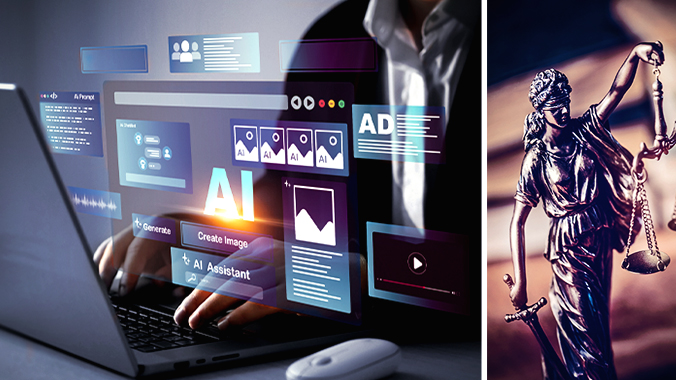

Upcoming CLE Webinars


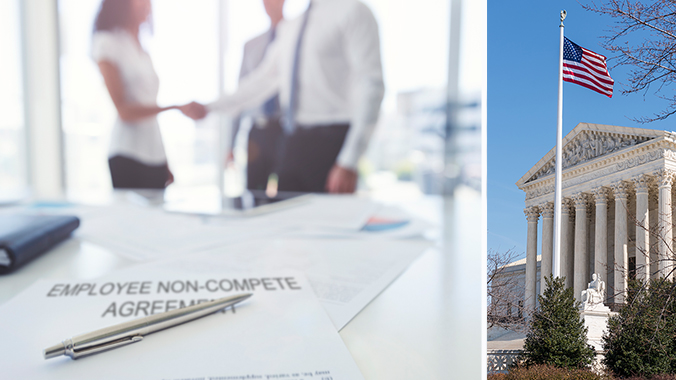


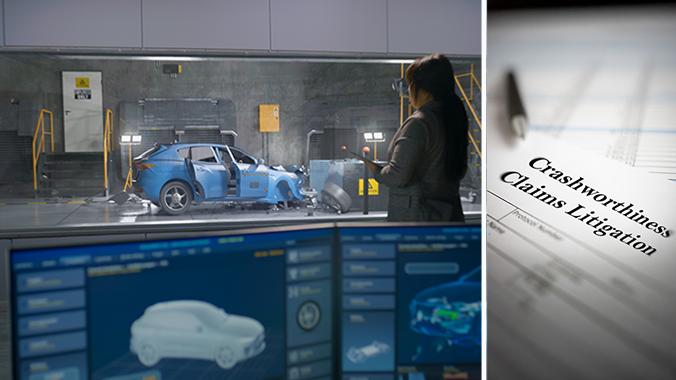




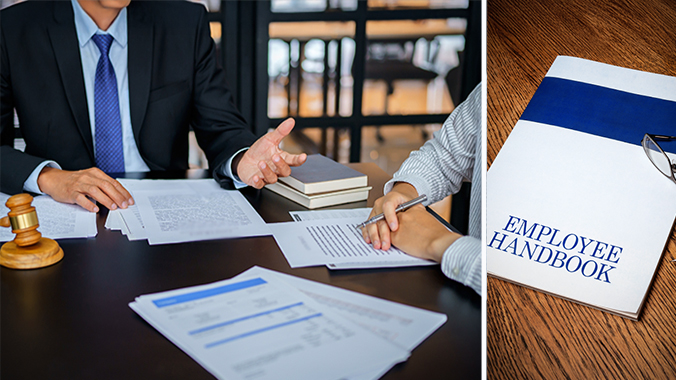

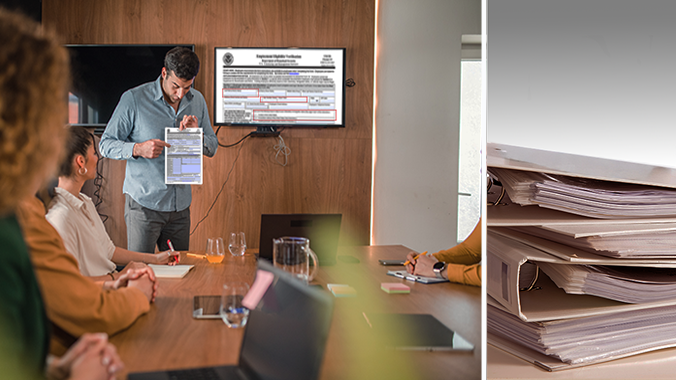





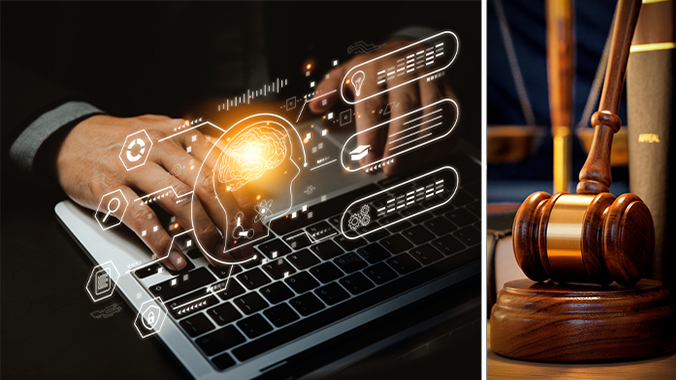





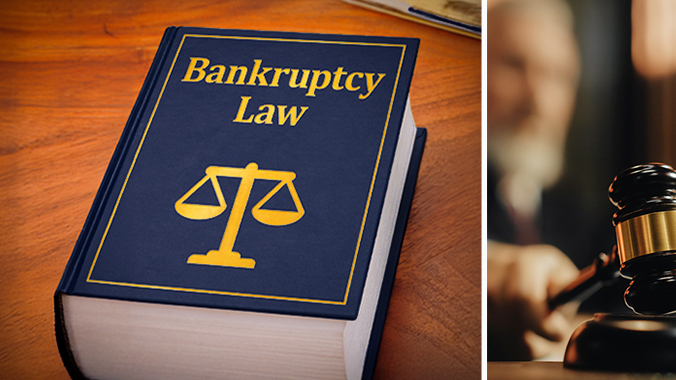






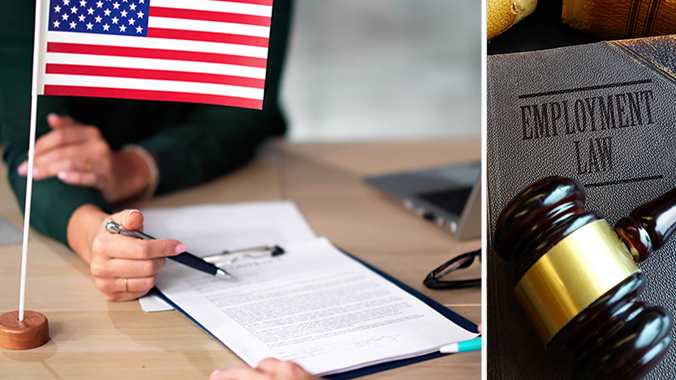










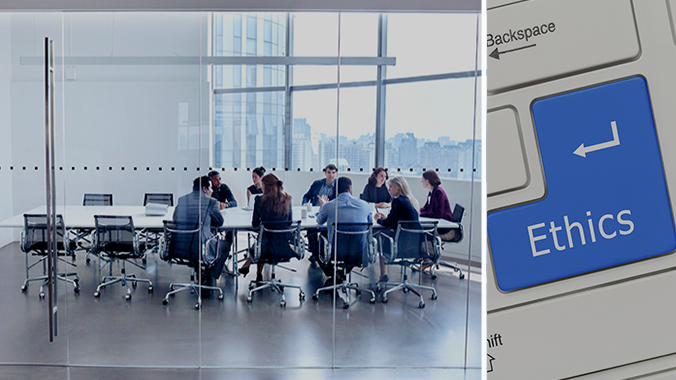


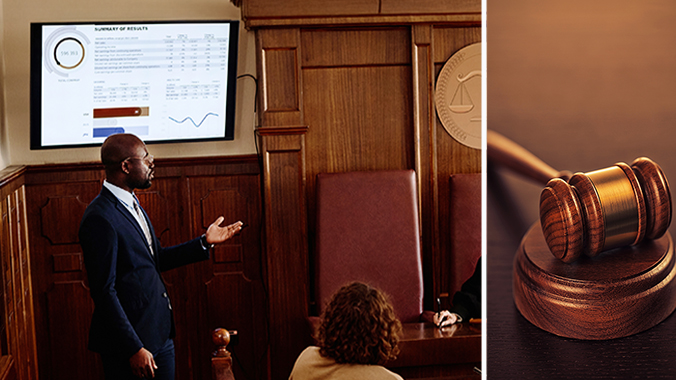

![Attorney–Client Privilege and Work Product: Managing Waiver Risk, Internal Investigations, Regulatory Scrutiny, and Third-Party Communications (2026 Edition) [Includes 1 Ethics hour]](https://taxrepcle.com/wp-content/uploads/2026/01/Product_img_-Attorney–Client-Privilege-and-Work-Product.jpg)



